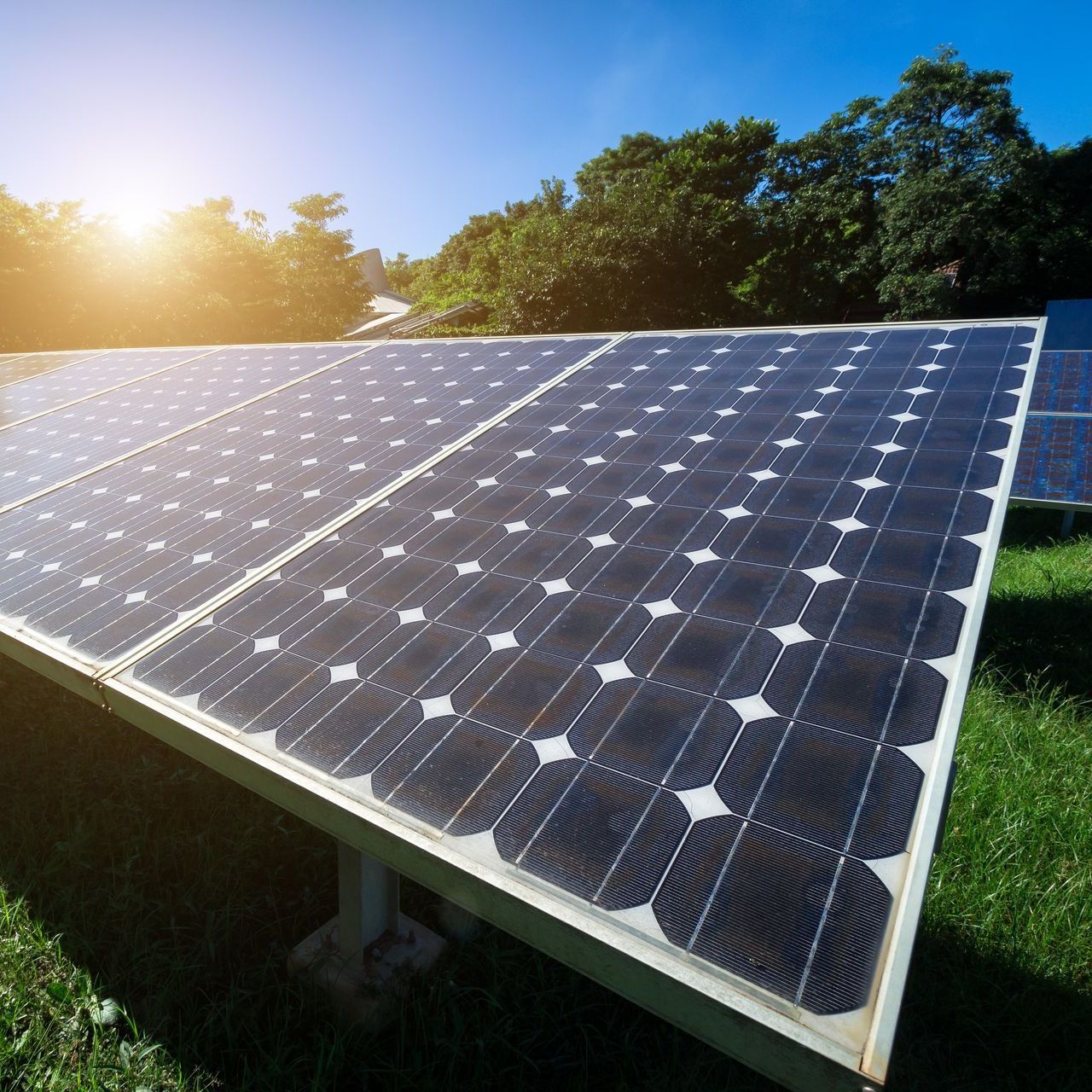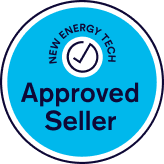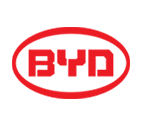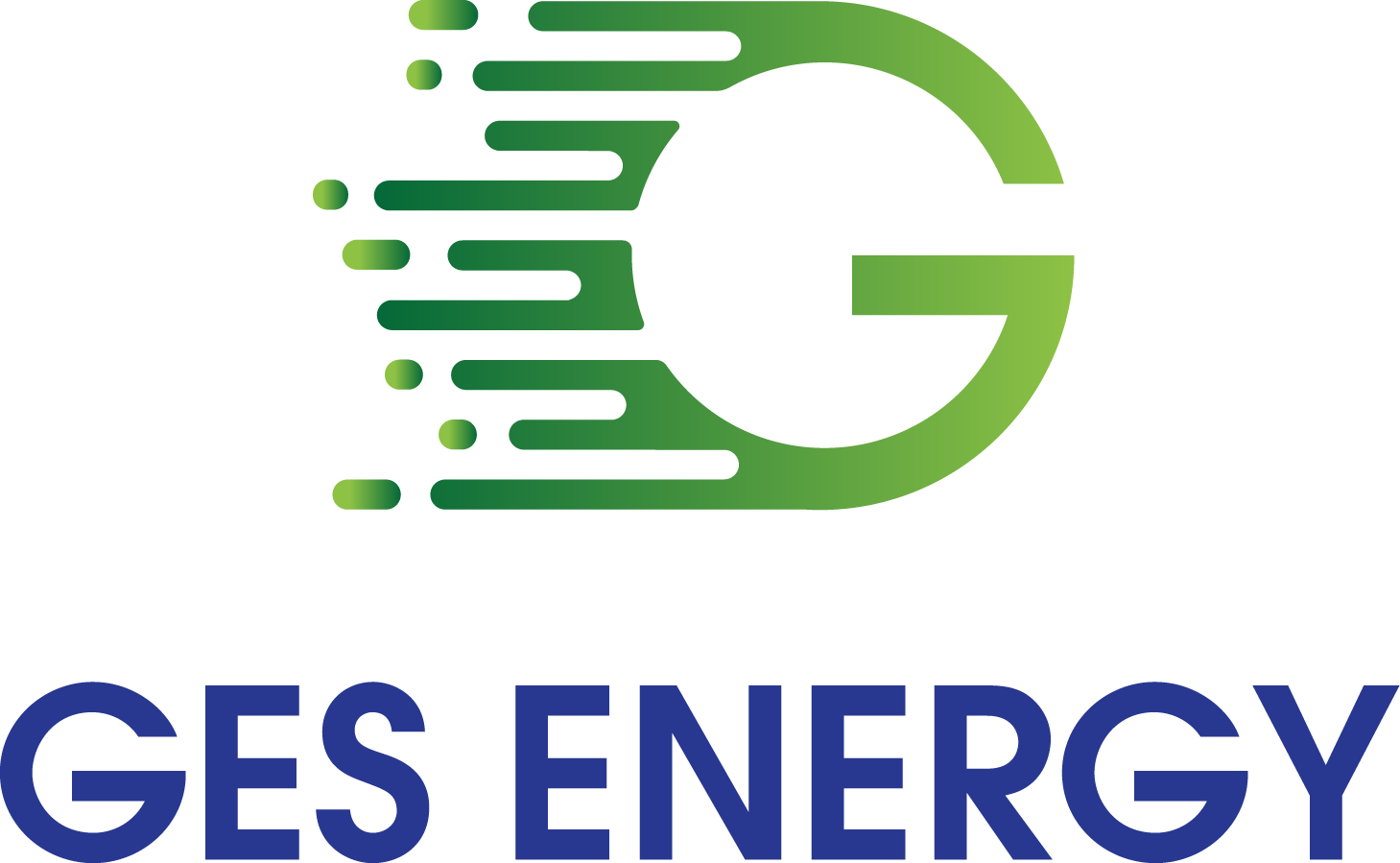Have A Question?
Solar Rebates for Businesses
Australia currently offers a broad mix of federal rebates and state-specific incentives for businesses looking to install solar PV systems or solar batteries on their commercial properties. With this combination of Australia-wide programs and state-based support — including rebates, subsidies, and loans — business owners can install solar or battery systems for their company at a much lower upfront cost. Below, we’ll cover both the national schemes available across Australia and the key state-specific rebates you can access.
Australia-Wide Rebates for Businesses & Community Facilities
2025 Cheaper Home Batteries Program
Despite its name, the 2025 Cheaper Home Batteries Program isn’t just for households — small businesses and community facilities are also eligible to access this groundbreaking initiative. With $2.3 billion in federal funding, the program aims to slash the upfront cost of battery storage systems by up to 30%, helping more Australians tap into renewable energy and reduce electricity expenses.
The rebate offers around $370–$372 per kilowatt-hour of usable battery capacity, applied as an instant discount at the time of purchase — much like the well-known Small-scale Technology Certificates (STCs) for solar systems. To qualify, installations must be completed by Solar Accreditation Australia (SAA) accredited installers such as GES Energy, and the batteries must be VPP-ready, although joining a Virtual Power Plant remains optional.
The scheme is scheduled to launch on 1 July 2025, and installations carried out before this date can still qualify if the batteries remain inactive until the program begins. However, because the rebate is linked to a federal election commitment, its implementation depends on the result of the May 2025 election. With battery demand expected to surge if the scheme moves ahead, businesses and community organisations that plan ahead can avoid potential supply shortages, cost increases, and the gradual phase-down of rebate levels through to 2030.
Business Solar Rebates and Incentives Across Australian States
Victoria
As of June 30, 2023, the
Solar for Business Program has stopped accepting applications for business rebates in Victoria. However, applications from customers who have successfully submitted before 6pm on June 30 will still be processed promptly. These customers will also receive further instructions regarding their applications. Once your application is approved, you will have 120 days to complete the installation.
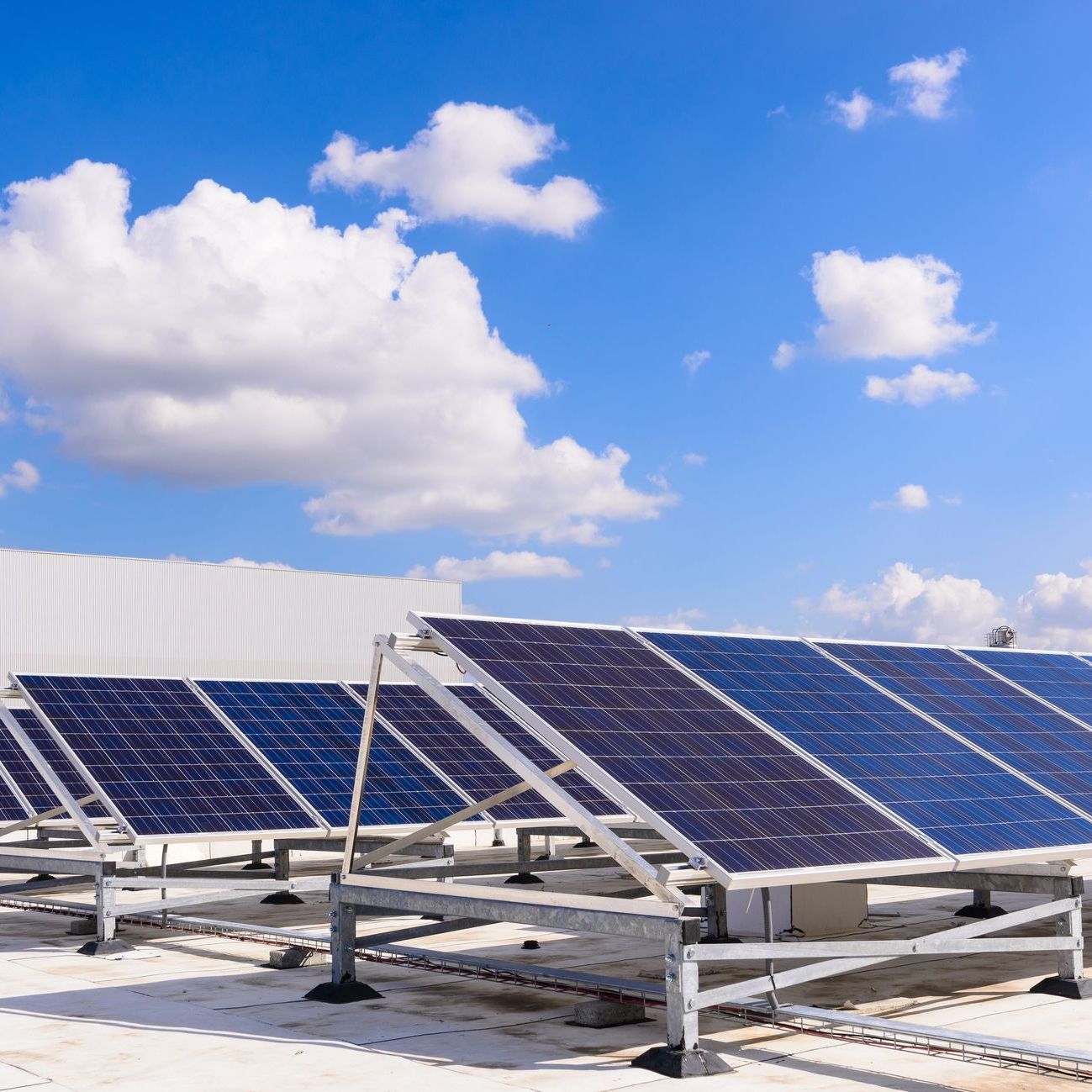
Queensland
The Queensland state government does not currently offer specific financial incentives or rebates for businesses in Queensland.
However, businesses in Queensland can take advantage of the national Small-scale Renewable Energy Scheme (SRE). Under this scheme, when a solar PV system is installed, Small-Scale Technology Certificates (STCs) are generated, which can be sold to recoup a portion of the installation costs.
Additionally, businesses can benefit from feed-in tariffs offered by electricity retailers for any excess power they generate and feed back into the grid. The rates for these tariffs can vary between different providers.
New South Wales (NSW)
The Commonwealth Small Scale Renewable Energy Scheme is also known as the Federal Government solar rebate scheme for solar systems under 100kW in size.
You can generate a specific number of small-scale technology certificates, or STCs, for each kilowatt of solar panels that you install. This means that you get paid for each STC because power retailers purchase them in order to fulfil their renewable energy commitments.
Each STC will probably go for around $30 which amounts to about $18,000 off the price of the system for a 30kW system. However, since the STC discount is typically already included in solar prices, there is no way for you to save an additional $18,000.
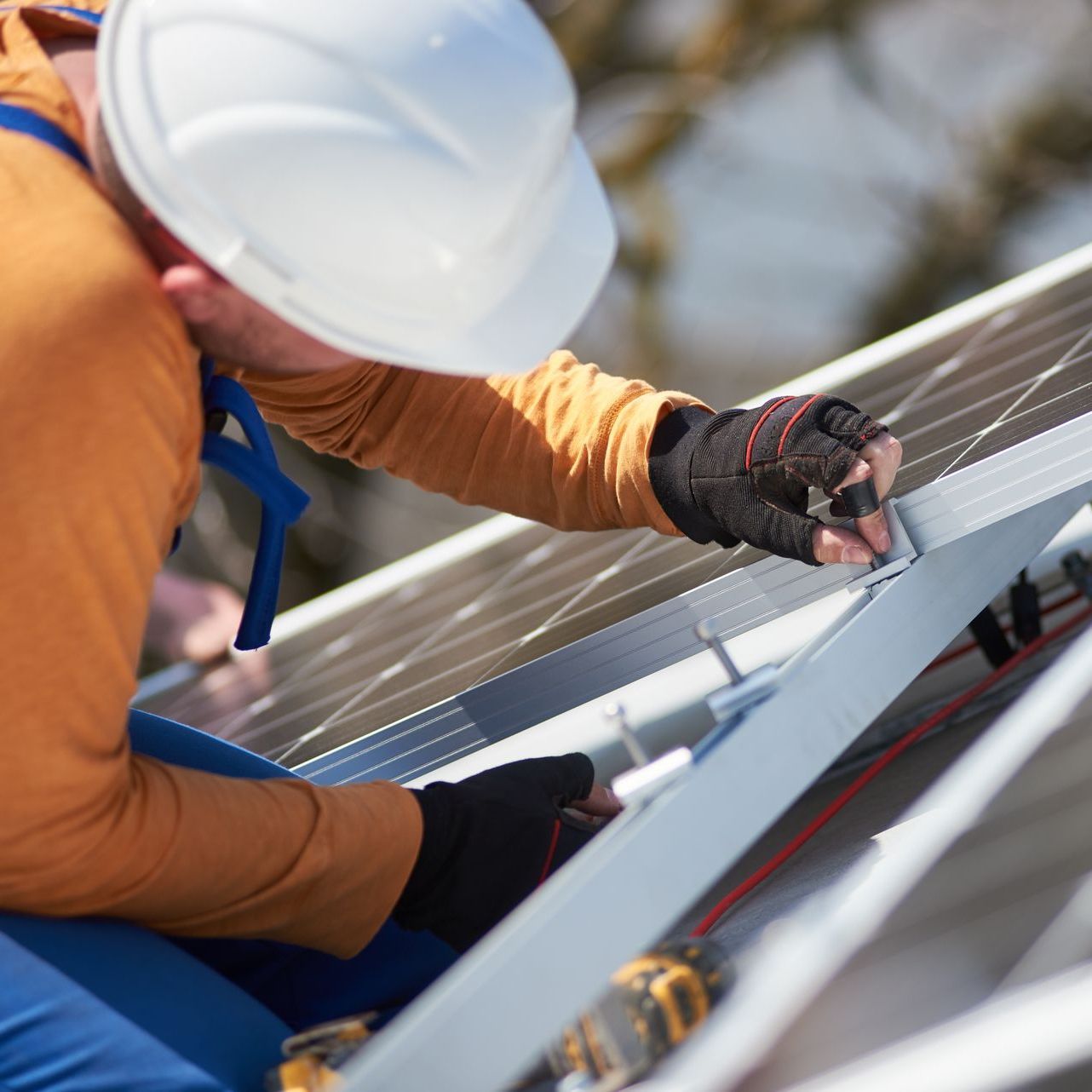
This program is currently being phased out until 2030, and at the beginning of each calendar year, the value of STCs will decrease by 7%. To be eligible for this scheme,
- Small scale Technology Certificates (STCs) issued within a year of installation
- The project must use panels and inverters listed on the Clean Energy Council list of Approved Components.
- Solar system must have a maximum 100kW DC capacity
- Complies with all local, state, territory and federal regulations, including electrical safety
South Australia
Currently, there are no rebates and incentives offered for solar system installations in South Australia. In June 2022, the state of South Australia announced the Home Battery Scheme that promotes the participation of South Australian residents in the virtual power plant (VPP) program for both new and used home battery installations be discontinued. Significantly, this program offered loans and subsidies up to $6000 off a solar home battery in order to promote the installation of household solar batteries.
Solar Feed-In Payments
However, your solar photovoltaic (PV) system may be able to be compensated for each kilowatt-hour (kWh) of excess electricity it exports to the power grid. There are two types of feed-in tariff:
Depending on when SA Power Networks granted authorisation to link the system to the primary electrical grid, you may be eligible for feed-in tariffs.
- Anyone with a solar PV system is eligible for the retailer feed-in tariff, which is a variable amount provided by merchants. Due to factors including market competitiveness and the wholesale price of electricity, it may alter often.
- Only qualifying solar PV systems that were connected to the grid before September 30, 2011, are eligible for the distributor feed-in tariff, also known as the solar feed-in program. This fixed sum (44 cents) is only offered for such installations.
Western Australia
Under the
Small-scale Renewable Energy Scheme, eligible businesses are entitled to small-scale technology certificates, which can be sold to retrieve a portion of the cost of purchasing and installing the system. Businesses who install the following are also eligible for a financial incentive:
- Small-scale renewable energy systems like
- solar panel systems
- small-scale wind systems
- small-scale hydro systems
- solar water heaters
- air source heat pumps
This is accomplished by providing certificates for small-scale technologies which
Renewable Energy Target liable entities have a legal obligation to buy and
surrender to the Clean Energy Regulator on a quarterly basis.
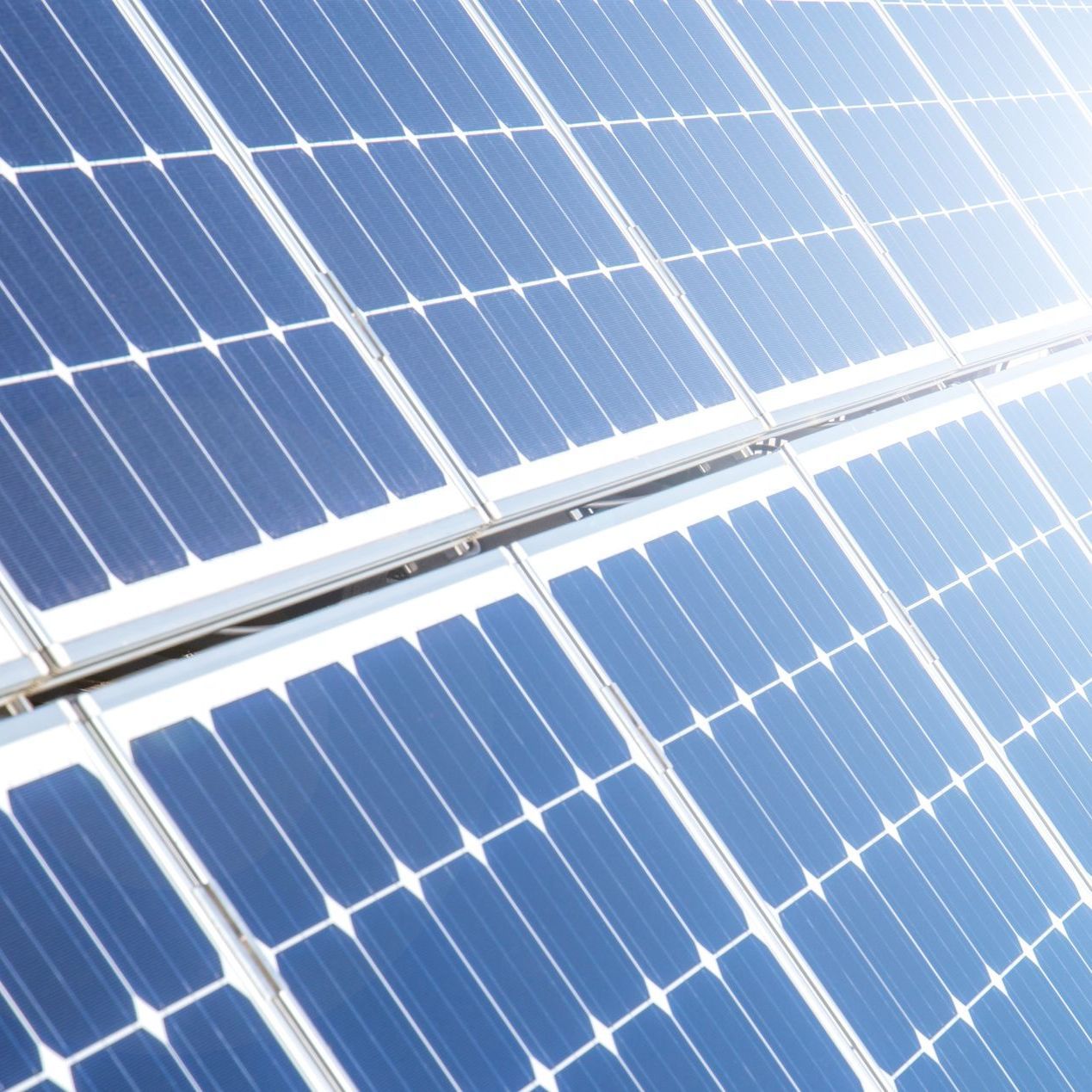
To be eligible for small-scale technology certificates, small generation units must:
- Have certificates issued within a year of installation, and have the panels and inverter listed on the Clean Energy Council list of Approved Components.
- Complies with the Australian and New Zealand standards
- Use an SAA-accredited designer and installer and adhere to its installation and design standards.
- Complies with all local, state, territory and federal regulations, including electrical safety
- Classified as small-scale that has
- a solar panel system with a maximum capacity of 100 kW and a maximum yearly electricity output of 250 MWh
- wind system with a maximum capacity of 10 kW and a maximum yearly electricity output of 25 MWh, or
- hydro system with a maximum capacity of 6.4 kW and a maximum yearly electricity output of 25 MWh.
Australian Capital Territory (ACT)
The ACT government currently has the Next Generation Energy Storage program. However, the program has already reached its target of 5,000 batteries in Canberra homes and businesses – and is no longer accepting rebate applications.
The
Business Energy and Water Program offers rebates up to $5,000 for businesses to upgrade to more efficient devices.
To be eligible for a rebate, your business must fulfil the following requirements:
- covers electricity bills of up to $25,000 annually (including GST)
- employs no more than 20 staff
The ACT Government offers a 50% rebate (up to $5,000) for eligible businesses when they upgrade to more sustainable energy systems such as solar systems.
With this program, eligible business owners might update to water- and energy-efficient technologies and receive a rebate of up to $5,000. These may include:
- appliances
- cooling or heating
- hot water
- insulation
- lighting
- refrigeration
- tapware and toilets
Northern Territory
The Home and Business Battery Scheme is offered by the NT Government to assist businesses in the Northern Territory (NT) wanting to buy and install solar batteries and inverters.
To be eligible for a rebate, you must be:
- a registered owner of a residential property in the Northern Territory
- a registered business in the Northern Territory
- a not-for-profit or community organisation operating in the Northern Territory in either owned or leased properties
There can only be one application per residence and per homeowner, regardless of whether the property is utilised for personal use or as an investment.
Homeowners and businesses in the Northern Territory can access grants of up to $12,000 for installing battery storage. This support makes it easier to invest in renewable energy and reduce long-term energy costs.
If you are both a homeowner and a business owner, you can submit separate applications for a grant for your home and your business.
